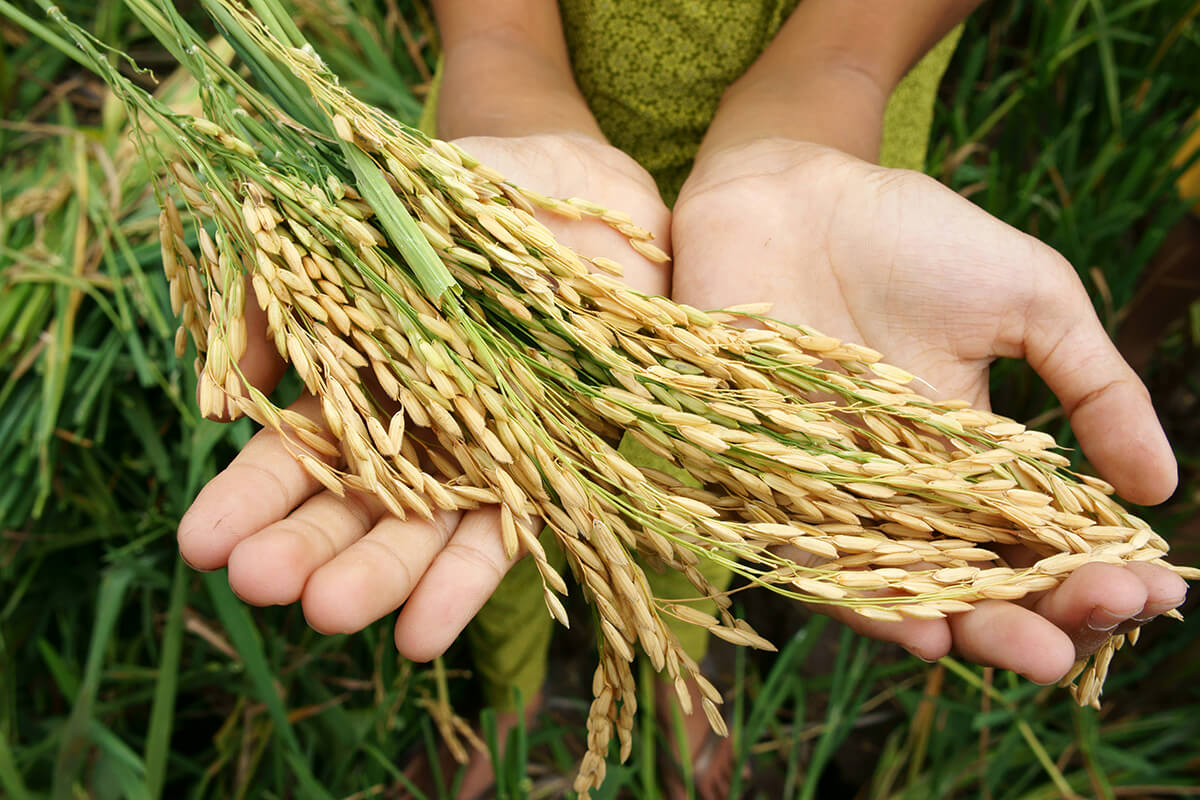The Ultimate House Viewing Checklist for Buyers
06 Jan
Please wait...
24 Jun

The first annual International Day of Plant Health was held on May 12, 2022, holding promise for so many people in the Caribbean Island Nations. And why is this day important to the Caribbean? There is a straightforward answer: food security.
Around 67.5% of the smaller island of the Caribbean are living in a state of severe food insecurity. And with the recent rise in natural disasters, urbanization, imports, exports, and more, the situation is becoming more and more critical. Something must be done, and FAO has stepped in.
This annual event is set to see celebrations globally, regionally, and nationally as it grows in its efforts.
Importance of Plant Health
According to the FAO, or the Food and Agriculture Organization, "Healthy plants can help to end hunger, reduce poverty, protect the environment, and boost economic development."
Plants make up 98% of the oxygen we breathe and 80% of the food we consume. Yet 40% of the crops we depend on are destroyed by pests and disease annually. Not only that, but climate change and human interference are changing the planet's biodiversity.
Caribbean Islands largely depend on agriculture for both income and food security. That said, what can we do?
What Can We Do?
Protecting plants is a significant undertaking that will involve many organizations and people. If everyone could take an interest in the health of plants and the agricultural industries, we would begin to see real change in food security. Furthermore, when we increase awareness about a potentially critical issue, we grow as a society and a collaborative global economy.
Here are just a few things the International Day of Plant Health hopes to focus on now and well into the future.
"The United Nations designated May 12 the International Day of Plant Health (IDPH) to raise global awareness on how protecting plant health can help end hunger, reduce poverty, protect biodiversity and the environment, and boost economic development." -FAO.
CITED: FAO.com, Caricom Today, Green Queen, springer.com